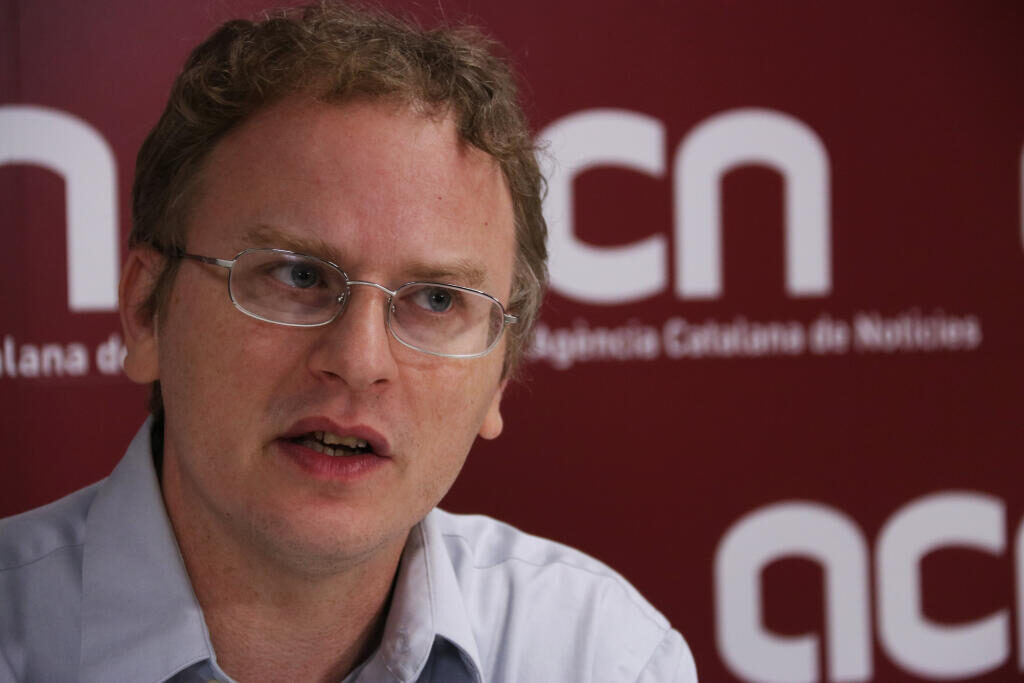25.11.2019 - 15:37
|
Actualització: 25.11.2019 - 16:37
Paul Engler wrote the book that he would have liked to read as an activist. In ‘This Is An Uprising,’ Engler and his brother Mark bring together the lessons learned from non-violent struggles all across the world throughout the decades, connecting the dots to present a grand theory of civil resistance that sheds light on the strategies that made the likes of Martin Luther King and Mohandas K. Gandhi successful.
Originally published in 2016, the book has become an increasingly timely read, as mass protests and civil disobedience become the new norm from Chile to Hong Kong—including, of course, Catalonia. Engler believes that his work can help social movements around the globe better understand their own struggles, their rivals, and the price of victory.
– You underline the importance of activists putting their bodies on the frontline. Why?
– When people start making personal sacrifices for their cause, it’s no longer something that people can just say: “Oh, it’s political, you’re on one side. I don’t need to take a side.” It forces people to take a side, it forces polarization. Even when people are thinking: “We’re being really repressed,” the public backlash that’s created when people go to jail, or go on hunger strike, or when there’s repression, or people are beaten publicly, it’s actually good for the movement in a lot of ways. It delegitimizes authority.
– Strategically, why should social movements be wary of using violence to achieve their goals?
– The state has the monopoly on violence. It’s the one that’s repressing people all the time, throwing people in jail, beating the crap out of people. The state wants you to be violent, it wants the protest movement to be violent so it can discredit it, so it can beat it on its own terrain. The natural backlash gets disrupted when you start doing things that are perceived as violent because the public doesn’t naturally empathize with you. Statistically, non-violence in the world is becoming more successful than violent conflict, than armed conflict, even in very repressive environments.
– What’s your opinion on Spain’s handling of the Catalan crisis?
– Quite frankly, I’m absolutely shocked by the Spanish government in the way it’s treated activists here, freedom of speech, throwing them in jail … I would expect that from a dictatorship, not from the Spanish government.


